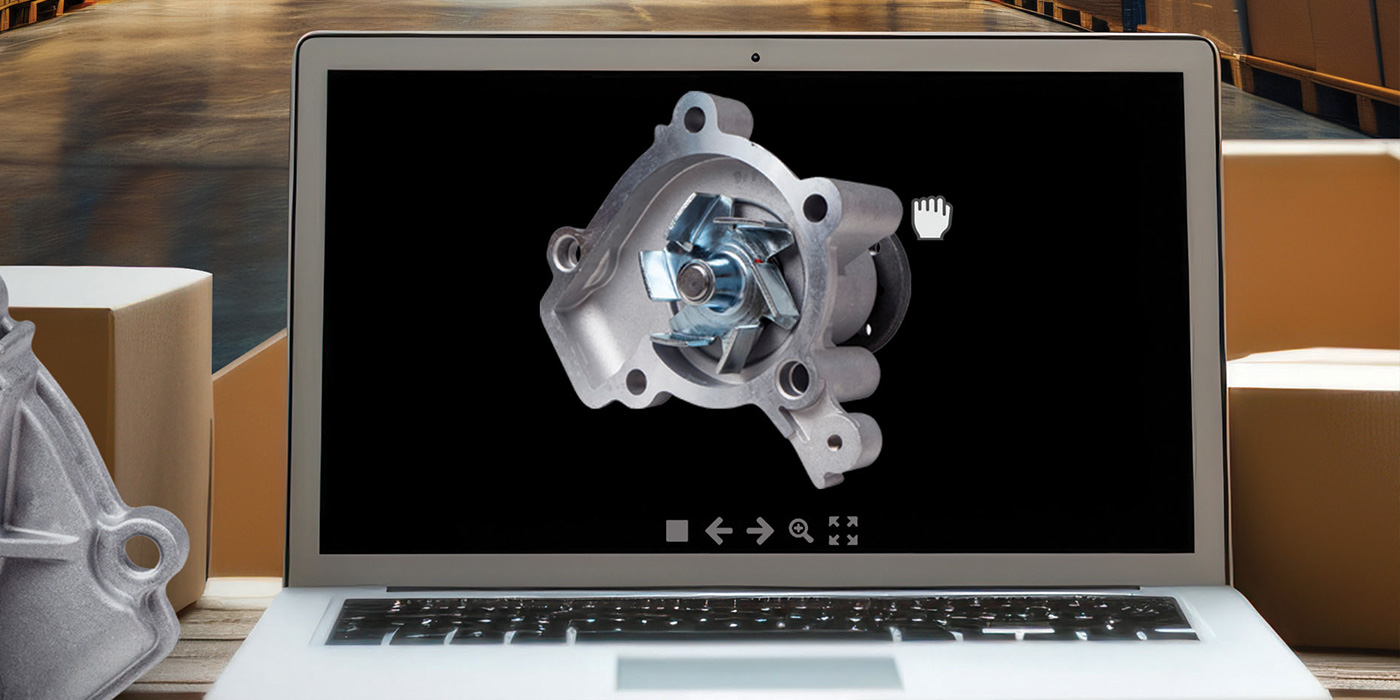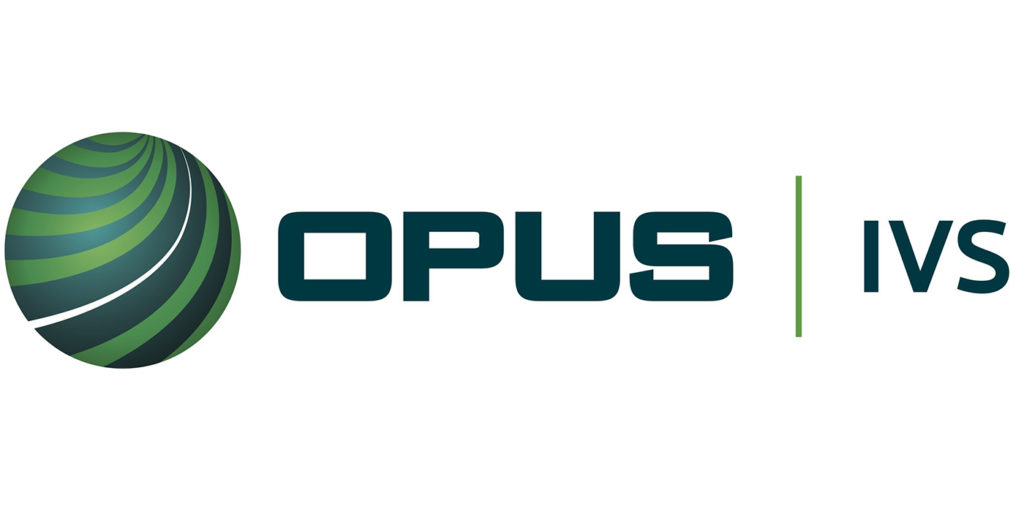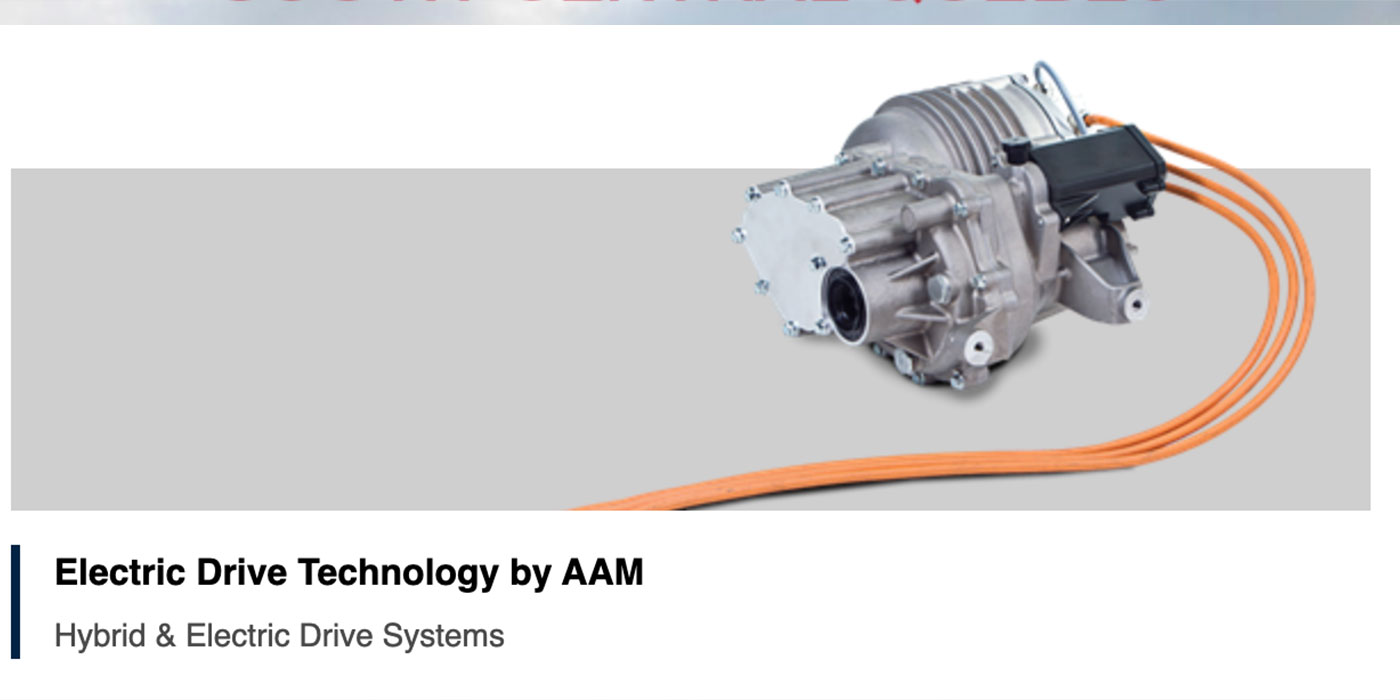From USA TODAY
YPSILANTI, MI — Look at a map of Ypsilanti, MI, and draw your finger along Ford Street and over to the Ypsilanti Automotive Heritage Museum, home to obscure cars once built here. Or circle around to Factory Street and Ford Lake, a man-made invention created when Henry Ford brought the promise of hydropower and middle-class wages to the city in the 1930s.
There’s no denying Ypsilanti has a history deeply rooted in the auto industry. It was even, at one point, a booming little auto town — with a peak population of 29,500 in 1970. Now, after decades of declining employment in the auto sector, Ypsilanti’s population is down about 25% to an estimated 22,200 in 2004. Its median household income is $28,000, 31 percent below the national average.
The question is: Can Ypsilanti survive long enough to turn into something else?
Ypsilanti, on a compact 4 square miles just 35 miles from Detroit, is not the most memorable beleaguered Michigan city. Named after a Greek war general, Ypsilanti (pronounced ip-suh-LAN-tee) doesn’t have the name recognition of auto industry towns such as Detroit, Dearborn or Flint. But the problems it faces are indicative of those dogging much of the Rust Belt as the domestic auto industry consolidates in an effort to stay competitive with foreign automakers.
When plants close, people move to find new jobs, surrounding businesses fail, and the overall tax base shrinks. Like Ypsilanti, many auto towns are searching for a new industry, if there is one, to replace the lost jobs. Many are shells of what they once were.
In Ypsilanti, three of 14 schools have closed. In some neighborhoods, rows of homes sit boarded up. In others, meticulously preserved Victorians sit next to crumbling houses.
Ypsilanti’s police force is 27 percent smaller than in 1997, and the recreation department is mostly closed. The city has talked about filing for bankruptcy but worries that a state-appointed receiver would sell off assets, such as the city’s snowplows, which no town in Michigan should be without.
But something needs to be done. “We’re broke. We’re cut to the bone. There’s no place else to cut that really won’t be felt,” says Cheryl Farmer, Ypsilanti’s mayor for 10 years.
An Industry Disappears
In the early 1990s, Ypsilanti had three auto-related plants. Motor Wheel, which made wheel parts, closed its doors in 1997 and moved to Mexico. Exemplar, which made battery cables and fasteners for cars and trucks, went bankrupt in 2002.
General Motors said last month it will close a service and processing plant here in 2006, eliminating 100 jobs. But the biggest blow will come soon when the city’s biggest taxpayer, Visteon, a parts supplier owned by Ford Motor until it was spun off, plans to close. Nearly 1,000 jobs will move to a Visteon plant in Rawsonville, MI, 5 miles away.
The plant closing will cost the city $800,000 in tax revenue. The city is facing a $360,000 deficit in 2006 and $1.1 million in 2007. Officials don’t know how they’ll make up the difference. They’re considering adding a local income tax, but critics argue that will just put more of a hardship on financially struggling city residents.
The pain isn’t just local. The downturn in the auto industry is rippling through Michigan’s economy, affecting the working poor and urban areas the hardest. Since 2000, Michigan has lost 313,600 jobs, the vast majority in the auto industry. Another 90,000 jobs are expected to disappear over the next three years. The auto industry is expected to have just 269,000 jobs left by 2012.
Auto production cuts have even hurt those still working because many relied on overtime for up to 30 percent of their income. That has had another effect on the working poor as many autoworkers try to make up the difference with second jobs. Usually around this time of year, when heating bills climb and Christmas bills are due, health care assistant Yolanda Gonzalez of Ypsilanti lines up a second job assisting at a health care facility to make ends meet. But this year, with the auto industry in a slump, Gonzalez has faced a lot of competition for jobs that require only a high school degree and a clean criminal record.
“I want to work two jobs, but now it seems like the group home jobs are being snapped up because of all the auto plants,” says Gonzalez, leaving SOS Community Services here looking for help paying utility bills.
“It’s not just the auto industry — all of the low-skilled jobs are disappearing,” says Faye Askew-King, program director for SOS. “When you have a workforce that isn’t really trained, people aren’t really prepared for this shift.”
Ypsilanti is neighbored by Ann Arbor, MI, — home to the University of Michigan, which has a world-class hospital and a downtown teeming with shops and galleries. Last year, 156 Ann Arbor residents got help from SOS, while nearly 1,500 Ypsilanti residents sought relief from the agency. Ypsilanti, which is 60 percent white and 30 percent African-American, has 25 percent of its population living under the poverty level, compared with 11.1 percent for the county. “Ypsilanti has a disproportionate level of poor people compared to the rest of Washtenaw County,” Askew-King says. “When the market gets tight, they are the ones without employment.”
Linda French, owner of the Sidetrack Restaurant in a two-block district called Depot Town, says that in the 27 years she’s been in Ypsilanti, she’s seen the city slowly lose its middle class. Now she’s worried about losing her customer base. The restaurant caters lunches and parties for the Visteon plant, as well as for air freight companies that ship auto parts from the local airport. “They’re all going down the tubes because of this,” she says. “It’s kind of scary.”
What Happened at Exemplar
From the outside, a plain, white building near Interstate 94 doesn’t look like much. Passersby who look closely can see the dirty shadows left behind when Exemplar peeled its name off the side of the building. It’s a sad reminder that the city is fighting a battle that it has little chance of winning.
At one point, Exemplar was a promising minority-owned manufacturing company, which made fasteners and battery cables for the auto industry, among other products. The owners were considering expanding and moving out of the city in 1997, but city officials cut a deal. They sold Exemplar a 10-acre lot near the interstate for $68,000 — an 83 percent discount off the $400,000 asking price — and promised to cut its tax rate. The city even used $100,000 in state grants to remake the exit ramps from the highway, making it easier for trucks to get in and out of Exemplar’s building.
For a while, things went well at Exemplar. With 110 employees, it was the second-largest taxpayer in Ypsilanti, even with a tax break it got from the city, behind only Visteon. In 2000, the Ypsilanti Chamber of Commerce named Exemplar CEO Anthony Snoddy the Small Business Person of the Year.
But global competition is hard for companies like Exemplar. It’s cheaper to make small parts like fasteners in China or India and ship them back to U.S. assembly plants. So in 2002, GM announced it would no longer buy parts from Exemplar, costing it 60 percent of its business. It shut its doors in weeks.
“It’s all sort of loony,” says Mayor Farmer, still reeling after helping construct the deal that kept Exemplar in town. A couple of offices in the Exemplar building are now being rented, but the majority of it remains empty. Snoddy’s businessperson of the year award still hangs in the vacant lobby.
The mayor worries that the lack of manufacturing jobs will hurt not only her city’s economy, but America’s as well. During World War II, Ypsilanti’s car plants stopped making vehicles and began churning out bombers. Rosie the Riveter, used in promotional films for war bonds, was played by Rose Will Monroe, who drove rivets into airplane parts at the Ford plant in neighboring Ypsilanti Township.
Now, as the USA ships its manufacturing jobs overseas, Farmer wonders what will happen if the country finds itself facing another wartime shortage. “In Ypsilanti, we produced one bomber an hour that helped with the war,” she says. “Protectionism is not necessarily a bad word.” Lou Glazer, president of the non-profit Michigan Future, says cities like Ypsilanti need to quit giving tax breaks to keep industries. “Enterprises are increasingly less secure because competition is so fierce,” Glazer says. “The fact that they’re here today does not mean they’re going to be here in five years. The main asset a region has is the talent of its people.”
It’s All About Education
But even that might be a struggle for Ypsilanti as schools close. Interim schools Superintendent James Hawkins says the city needed to cut $5.5 million out of its $54 million budget for the 2005-06 school year. The only way was to close three schools.
“Most folks tend to understand because they understand the state of the economy right now,” Hawkins says. “But no one likes the idea of closing schools.”
Still, the region has maintained a reputation for strong colleges and universities. Ypsilanti is home to Eastern Michigan University, and the University of Michigan is less than 10 miles away.
Folks like restaurant owner French hope access to the universities will change Ypsilanti into a hip urban center. “We weren’t always a factory town,” she says. “We’re in historical times now. We’re seeing factories close, but Ypsilanti might end up being better off.”
Copyright 2006 USA TODAY, a division of Gannett Co. Inc. All Rights Reserved.
_______________________________________
Click here to view the rest of today’s headlines.













